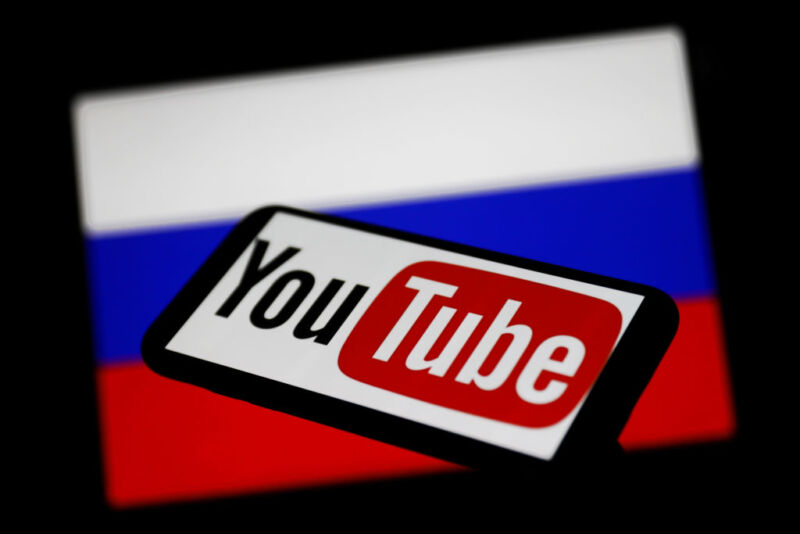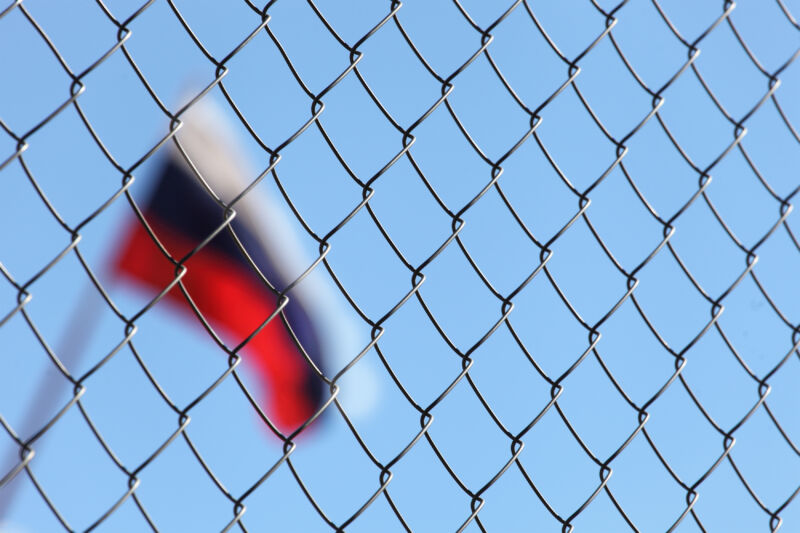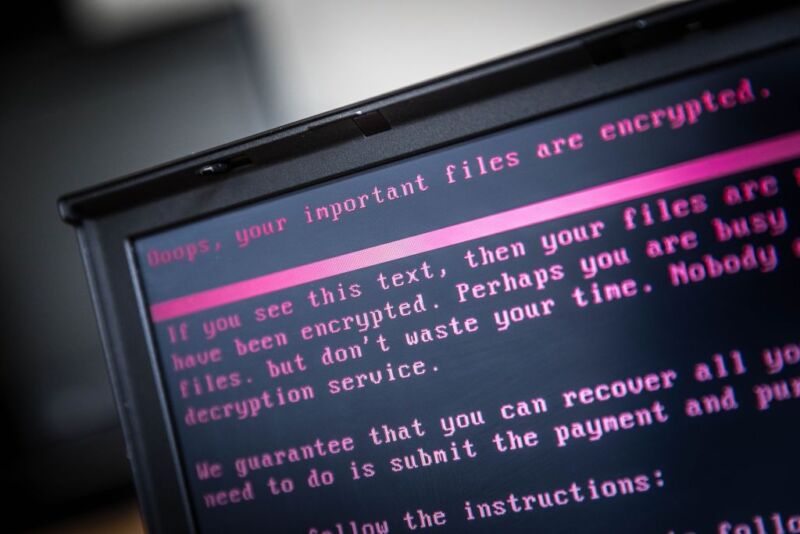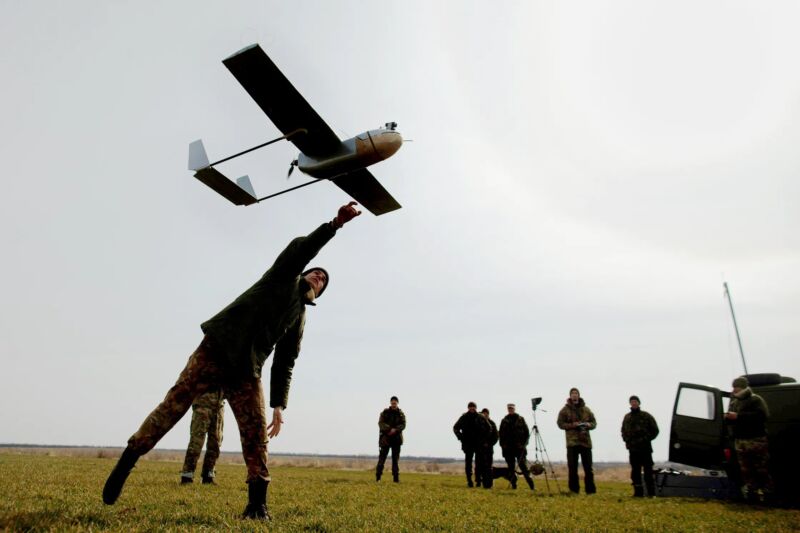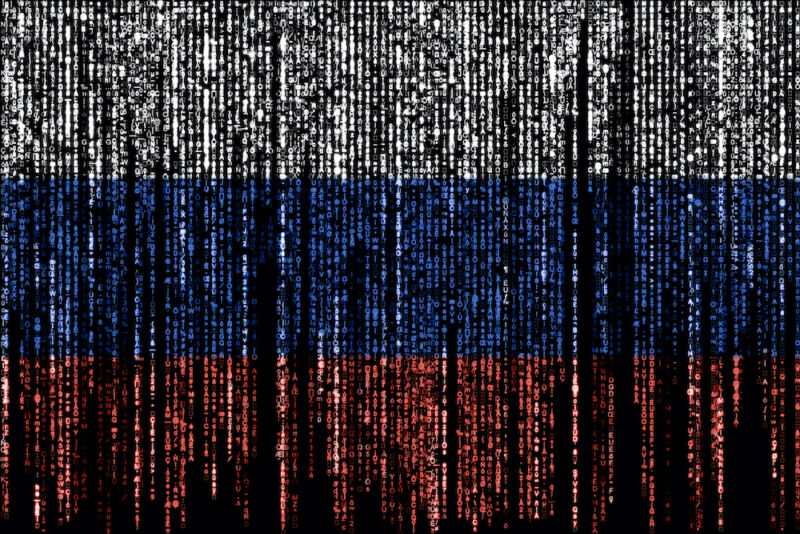-
 chevron_right
chevron_right
The Telegram-powered news outlet waging guerilla war on Russia
news.movim.eu / ArsTechnica · Tuesday, 30 August, 2022 - 14:23 · 1 minute
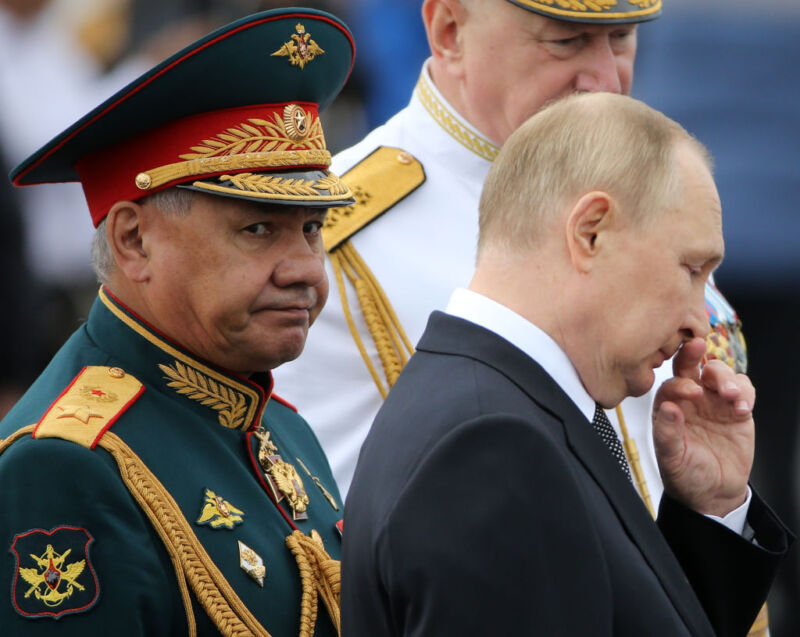
Enlarge / SAINT PETERSBURG, RUSSIA - JULY 31: Russian President Vladimir Putin (R) and Defense Minister Sergei Shoigu (L) seen during the Navy Day Parade, on July, 31 2022, in Saint Petersburg, Russia. (credit: Getty Images )
On the evening of August 20, Russian TV pundit and conspiracy theorist Darya Dugina was killed on the outskirts of Moscow when a powerful explosion ripped apart her Toyota Land Cruiser. Dugina was a vocal supporter of Russia's invasion of Ukraine and the daughter of fascist philosopher and writer Alexander Dugin, nicknamed “Putin’s brain” thanks to his perceived ties to Russian president Vladimir Putin. According to Russian authorities, a remote-controlled “explosive device,” presumably installed in her car, went off at around 9 pm local time.
News of Dugina’s assassination spread like wildfire through social media, most notably on the instant messaging service Telegram, where it was shared approvingly by a vast network of Russian and Ukrainian channels. But in the hours that followed, it became clear that one channel, operated by the media outlet Utro Fevralya, or February Morning, is more than just a place to share the news. It aims to play a key role in the story.
Created by exiled former Russian MP and dissident Ilya Ponomarev, February Morning was the first to report on a group claiming responsibility for Dugina’s death. Ponomarev himself took to YouTube , where February Morning airs its shows, claiming that the perpetrators were a little-known Russian resistance group called the National Republican Army. According to Ponomarev, an all-out war against “Putinism” had just begun.

